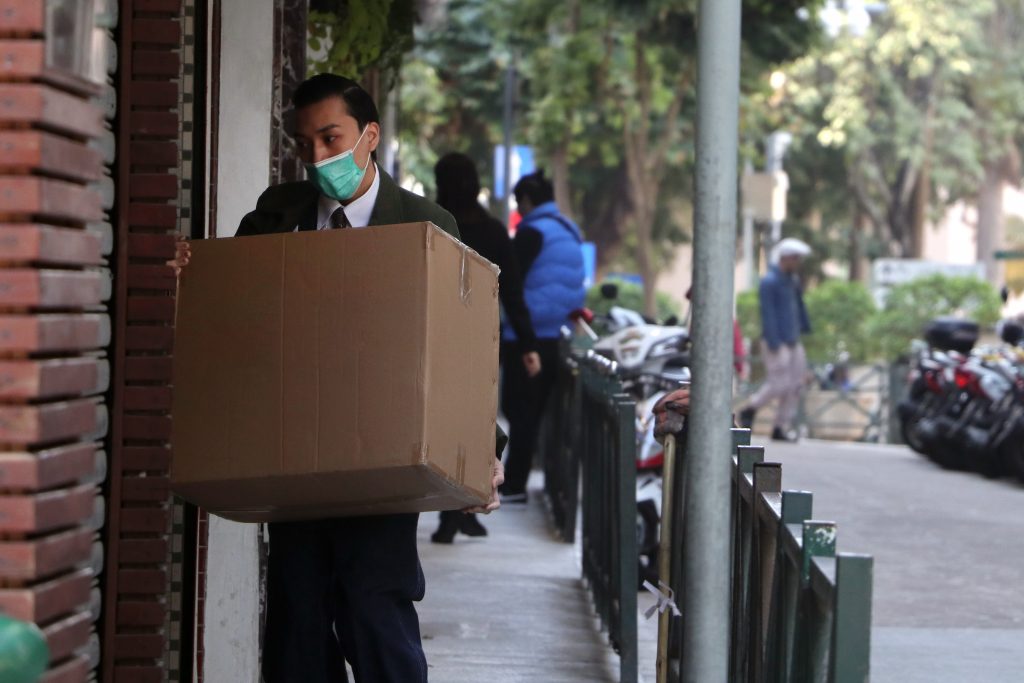
CHALLENGES
Businesses everywhere are adjusting to the ongoing crisis. The challenge to managing waste during coronavirus is to maintain gains made in waste reduction, diversion and sustainability, while taking advantage of opportunities. If this is done right, businesses will prevent a backward slide and will be ready to go once things begin to return to normal.
Keeping the momentum is key because waste is a constant. No matter what the business landscape looks like, there will always be waste that needs to be removed and processed. Investments made in waste programs are unlikely to be lost.
According to Moody’s, the waste sector will be “largely resilient to coronavirus-related issues,” because it “provides essential goods and services.”
This means that waste haulers and processors will continue to be in operation during the coronavirus crisis, and buildings/businesses will get service. But all parties must work together to meet each other’s changing needs — an open line of communication is crucial especially during this time of flux.
While commercial waste at office buildings will decline as more employees work from home, waste from certain businesses like online retailers, warehouses, and grocery stores may increase along with an uptick in residential waste.
Whether your waste needs are increasing or decreasing at this time, take a moment to re-evaluate your waste programs. Here are a few things you can, and should, do now:
OPPORTUNITIES
1) VIRTUAL EARTH DAY:
The 50th anniversary of Earth Day is coming up on April 22. Take this opportunity to expand your reach by moving efforts online. Here are 3 easy things you can do, even at the last minute.
2) TRAINING AND EDUCATION:
Since many are working from home, reach out with fun materials like these paper and cardboard recycling videos and quizzes that address issues everyone encounters at home and at work. Increasing their waste IQ will improve compliance when they return to the office. Trainings of your janitorial crew or sustainability team can continue via webinars. Watch our resource page for useful materials.
3) REVIEW AND PLAN:
Take this time to review your current program. Go over data from past waste audits. Are there areas for improvement? Look at your waste scorecard. Are there gaps that need to be filled? Get equipment fixed or updated if you can. Make sure you are in compliance, and plan for the future.
4) FOCUS ON FOOD WASTE:
With a growing number of restaurants, as well as building/institutional cafeterias affected by disruptions, look for local nonprofits in your area that can help rescue quality, leftover food and get it to those in need, especially during this crisis. These will be good resources to keep when life returns to normal.
Photo: Macau Photo Agency, Unsplash
